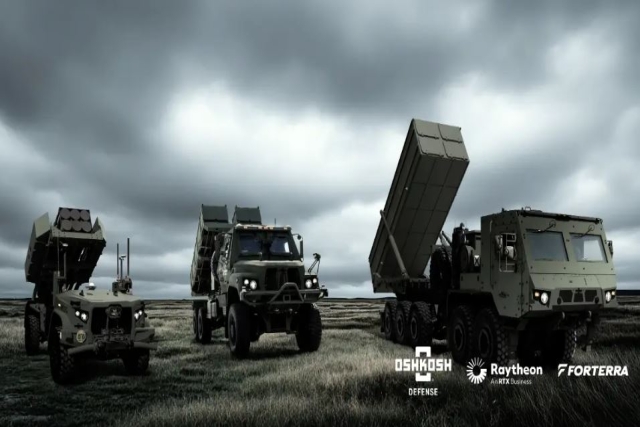India’s Decision To Halt Finmeccanica Projects Came Into Effect In July

The Indian Ministry of Defense yesterday confirmed that it would indefinitely put on hold all projects with Finmeccanica and its subsidiaries, although the order has already been in place nearly a month.
Defenseworld.net has learned that the advisory letter from the MOD’s vigilance department were issued in the first week of July to all the Defence Services, ie, the army, navy, air force, coast guard and DRDO (Department of Defence Research and Development Organisation) to put on hold all procurements and acquisition cases in the pipeline with the Finmeccanica Group.
"An internal circular/advisory has been issued to not further process any acquisition project in which Finmeccanica is in the fray as a vendor till we get the attorney general's opinion on the entire blacklisting issue in the VVIP helicopter case (the 556 million Euro contract was scrapped on January 1)," according to the Press Trust of India.
The ban could impact India’s defense eco-system at large and possibly cripple and wide range of procurements including the naval gun-127 mm procurement from OtoMelara, the Navy has already bought ship borne long range surveillance radar from SELEX ES for the indigenous aircraft carrier INS Vikrant under construction, on-going UAV programs such as the DRDO’s RUSTOM will be affected as it uses the most modern AESA RADAR from SELEX ES.
The Navy, which has taken deliveries of 300 sets of NAVAL HF Communication systems from Selex ES, will be further affected should it require spares, etc.
Long-pending projects like the deal to procure 98 Black Shark' heavy-weight torpedoes, manufactured Whitehead Alenia Sistemi Subacquel (WASS), for the six Scorpene submarines being built at Mazagon Docks in Mumbai will also be disturbed.
The competition to procure naval multi-role helicopters (MRHs) could be shaken, with the contenders being European NH-90 helicopters, which have Finmeccanica as a partner, and the American Sikorsky-70B choppers. The first contract for 16 MRHs was to be followed by a bigger one for 123 choppers at a cost of over $3 billion.
According to reports, deals worth an estimated $6 billion could be affected by the ban.











